- May 1, 2025
-
-
Loading

Loading
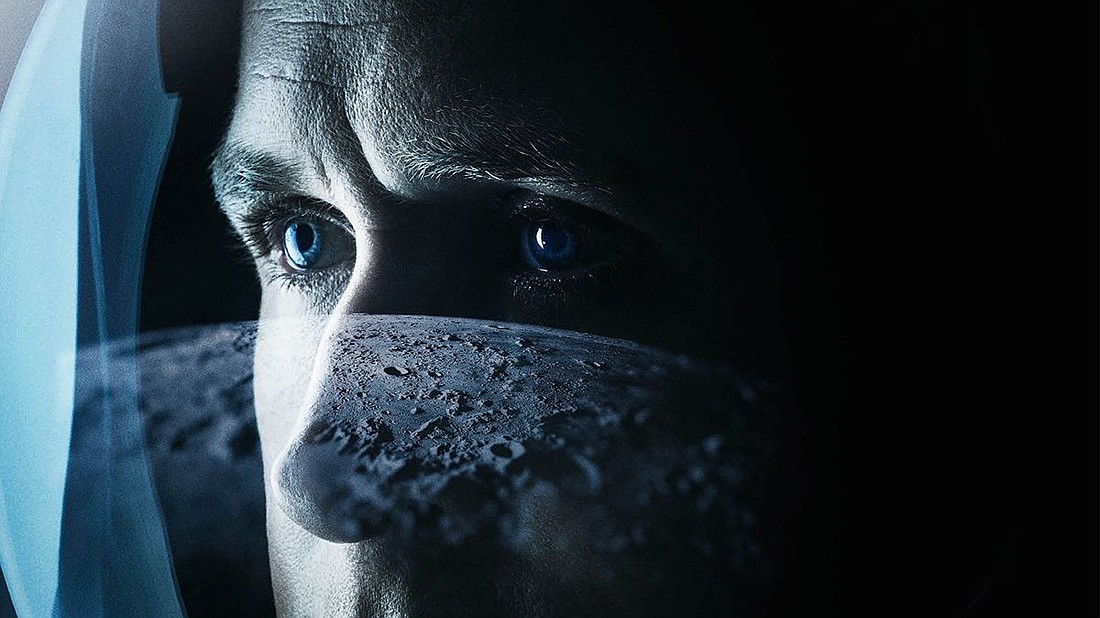
I don't have much to espouse this week, other than I'm seeing "Once Upon a Time in Hollywood" in a few hours (when you read this, I'll have seen it) and I could not be more excited. I know Quentin Tarantino isn't everyone's favorite director, but the mark he has made on cinema since his debut is remarkable. His importance is debatable, but his influence isn't.
Whichever of his films is your favorite — "Pulp Fiction," "Inglorious Basterds," note: this is spelled right "Jackie Brown" or another one — give it a watch this week. Tarantino releases are An Event, and we should use the opportunity to celebrate. The opportunities may be coming to an end, if his "10 films and done" mantra is true.
Time will tell. Use said time first to read these recommendations, then watch Tarantino's beautiful destruction come to life.
HBO, rated PG-13, 141 minutes
Since the 50th anniversary of the moon landing was last weekend, and the return home this week, I thought it would be fun to give shine to one of my favorite films of last year, one that precious few people saw for reasons I can’t understand.
(It’s the title, isn’t it? It’s the title.)
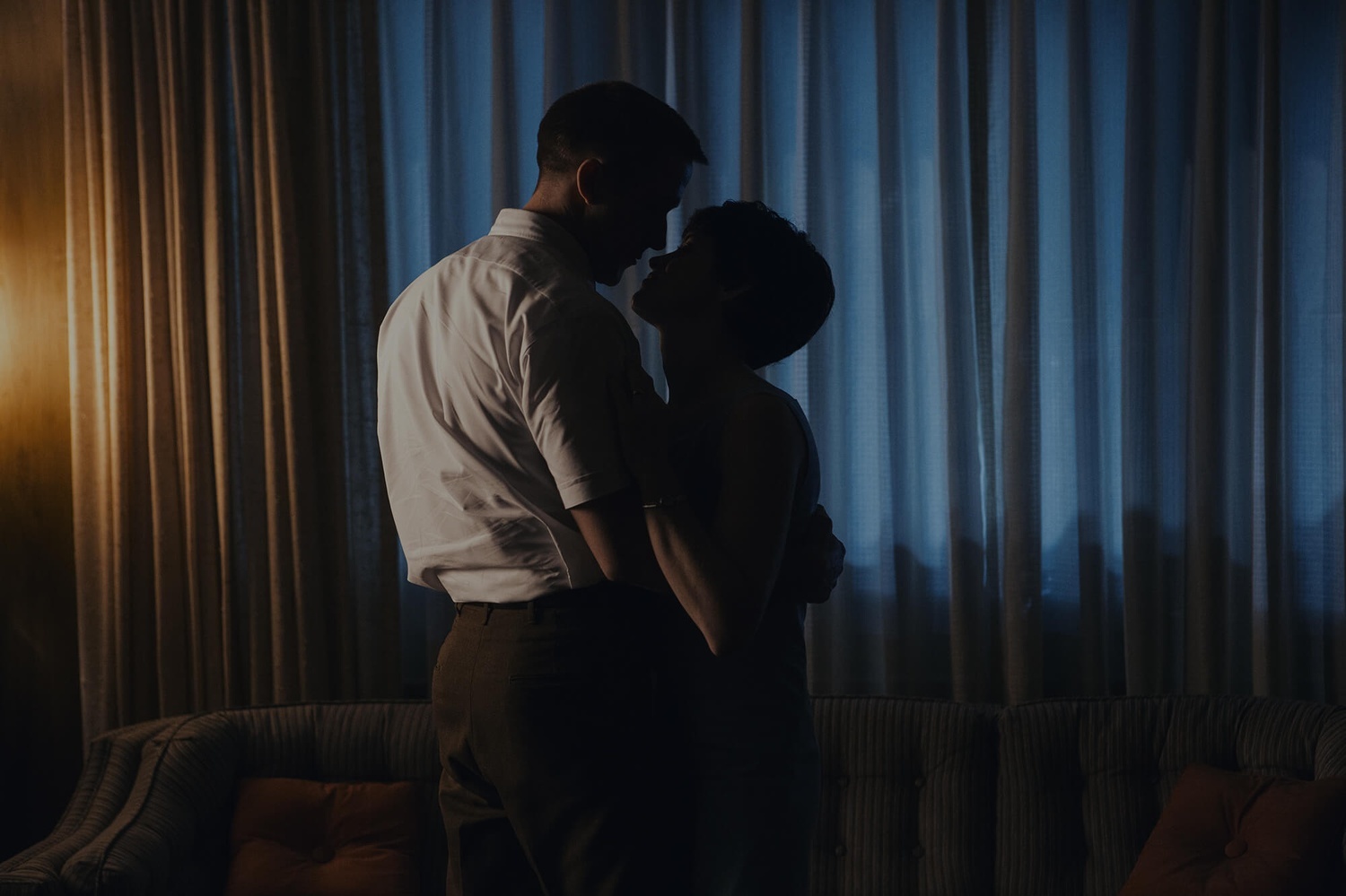
“First Man” is a Neil Armstrong biopic in theory, but it’s not one that follows its subject from birth to death. It’s solely concerned with his start at NASA and the Apollo 11 mission, and even then, its own mission is more concise: To figure out what drives someone to do something no one has done. It just so happens, in this case, that thing is space travel.
The scenes in space are claustrophobic and head-rattling and gorgeous. The scene on the actual moon made me gasp. And Justin Hurwitz’s score, wow, it’s perfect. But like I said, this is a movie about the things that lead to all the space stuff. I’m about to discuss spoilers, but this is based on history, so I don’t feel bad for talking about it.
The first time I watched “First Man,” I had no idea Armstrong lost a daughter, or just how many of his fellow astronauts died in the lead-up to the moon mission, but watching it all really got to me. Some people called Ryan Gosling’s performance as Armstrong cold, but to me, that’s the point. Everyone around him was dying. People were protesting his mission, the one thing keeping him going. He was trying to do the (seemingly) impossible, and failing, over and over. I’d be cold, too.
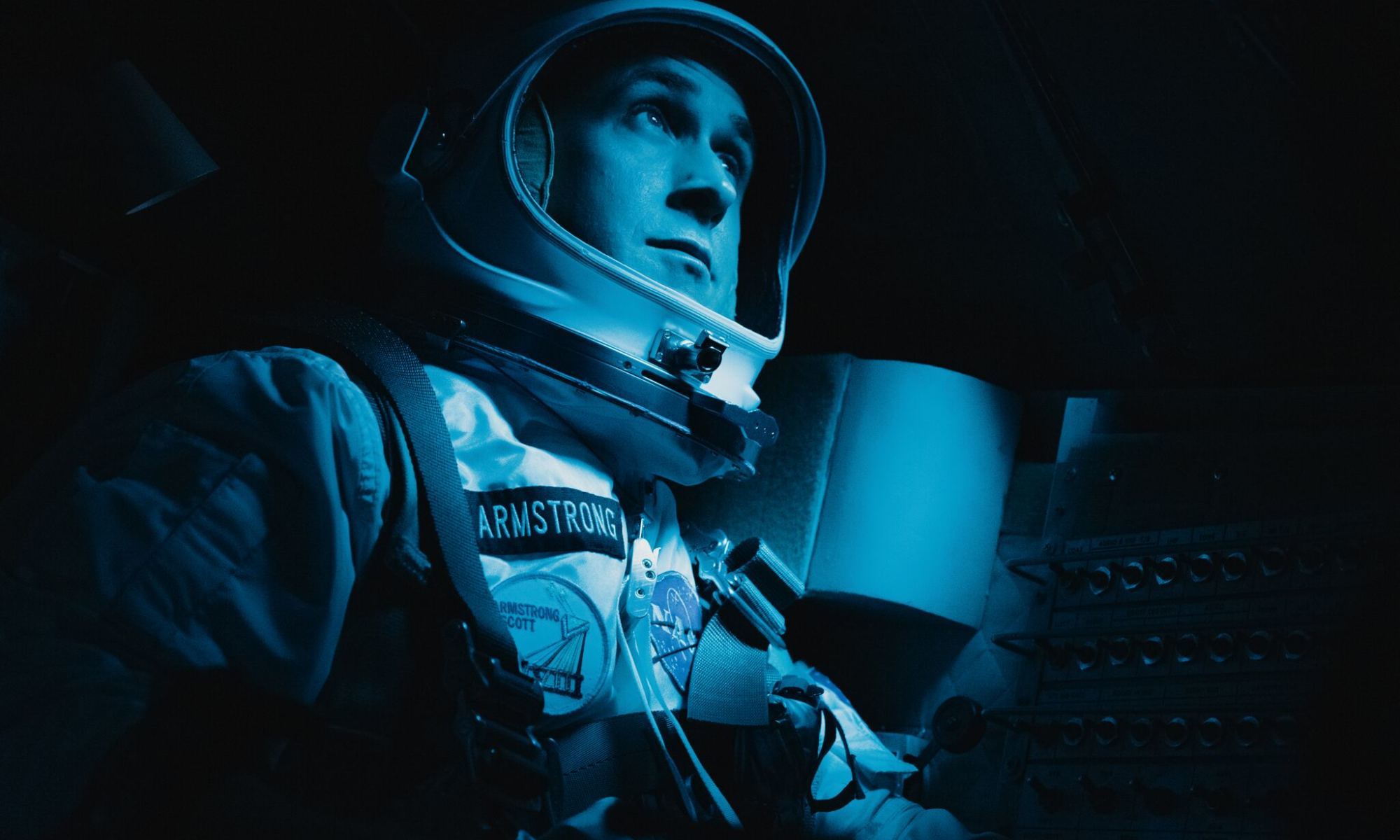
The movie doesn’t try to glorify Armstrong’s actions — he’s kind of a shitty husband and maybe a worse father to his two sons — just understand them. And in the final moments on the moon, when Armstrong drops his daughter’s bracelet into a deep crater, I understood. It crushed me. Just the other day, I merely thought about this moment and shed a tear.
This movie also made me think about how truly, truly insane it was to even attempt going to the moon, and how we succeeded but have only been back a handful of times since (only 12 people in history have walked on the surface), and long story short: I am now obsessed with space travel and the moon. I want to go there. I want to see the Earth from the moon’s surface. I want to jump in zero gravity. I want to be among the stars and meteors and black holes and all that stuff. I want to know what exists at the end of the universe.
Anyway, this movie rules, and as our own leading man Matt Walsh always says: Ad astra!
Hulu, rated TV-14, 45 minutes, four seasons (and a movie)
I’m ashamed to say I had never watched “Veronica Mars” before two weeks ago, and only vaguely knew of its existence thanks to online discussion and this one (very good) Motion City Soundtrack song. But thanks to hype around Season 4, which just dropped on Hulu, I started watching from the beginning.
Well, guess what: It slaps.
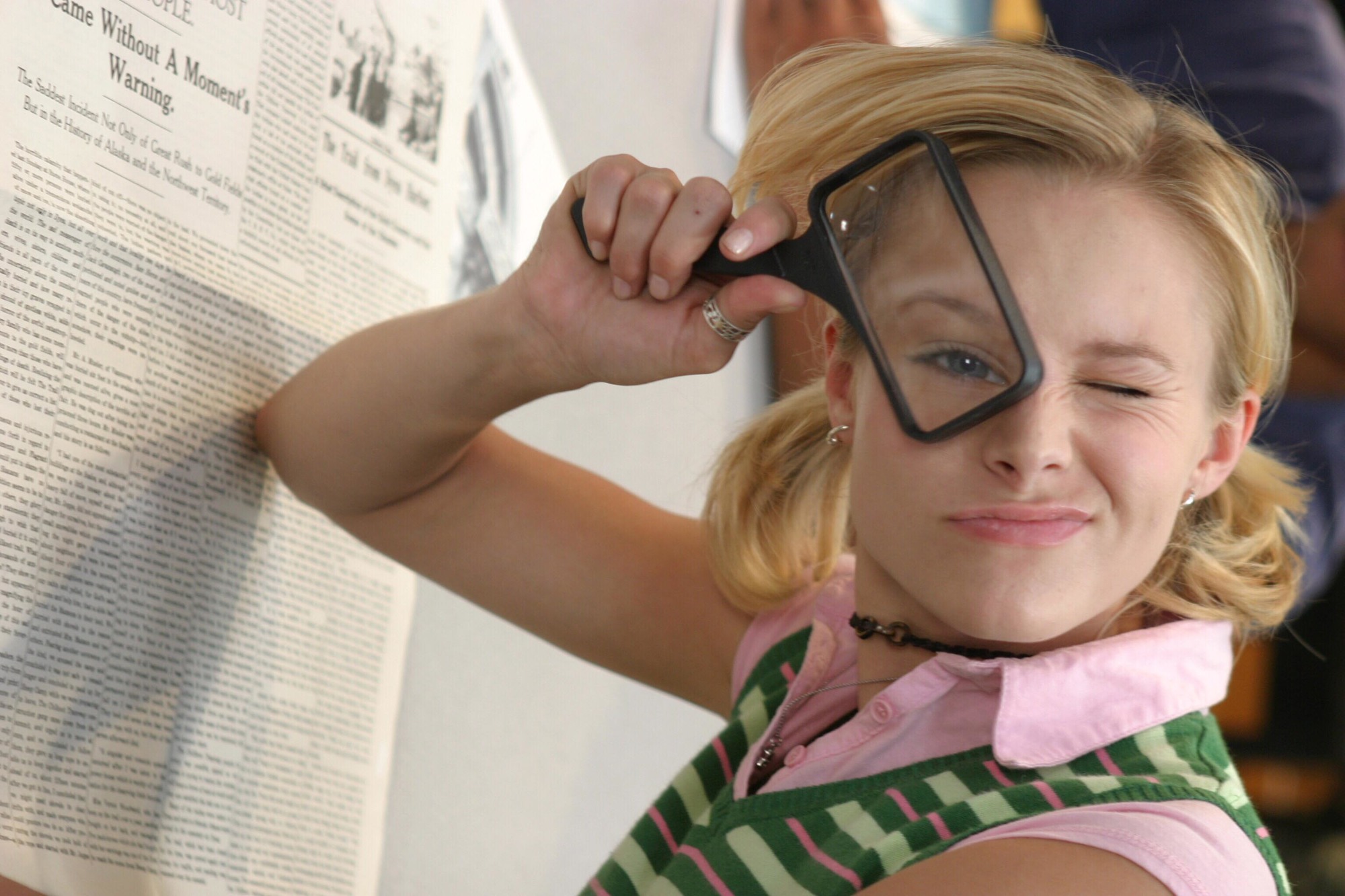
In case you are also unaware, “Veronica Mars” follows its titular character (Kristen Bell) as she works with her private detective father, Keith Mars (Enrico Colantoni), to solve the murder of Lily Kane (Amanda Seyfried), Veronica’s best friend and the sister of Veronica’s now-former boyfriend Duncan Kane (Teddy Dunn). That case — and its many off-shooting tendrils — is the overarching story of season one, but there is also a “case of the week” each episode, which varies in terms of tone. Sometimes, Veronica is figuring out who stole Neptune High’s parrot mascot, Polly, and other times she’s investigating whether a teacher had a sexual relationship with one of his students, or finding a missing neighbor who had been fighting with her live-in boyfriend.
There are a lot of elements of the show that seem like direct influences of more recent shows like “Riverdale,” most prominently being unafraid of going to heavy places. In the first episode, Veronica tells the audience that she was drugged and sexually assaulted at a party for rich kids (the 09ers, in reference to the zip code representing the 1% in the show’s fictionalized Neptune, Calif.) by an unknown assailant. People may — or may not — commit suicide. A kid meets his transgendered mother for the first time and reacts poorly.
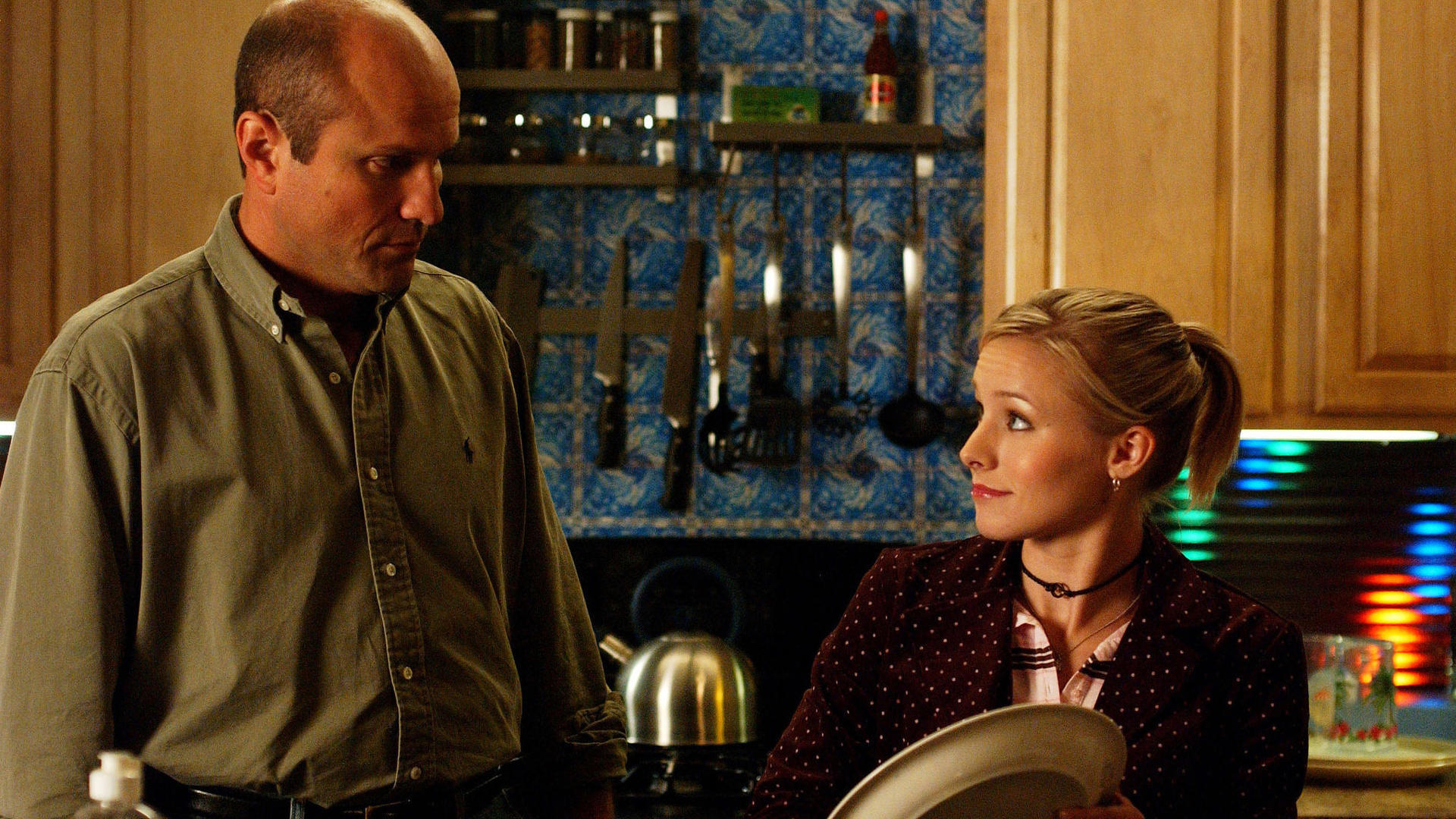
There’s also a lot of casual racism thrown around, which shocked me at first before I realized it was an accurate portrayal of high school kids, especially in the early aughts. It doesn’t condone it; it’s just being realistic.
Some of the camera work is ... interesting, in ways that don’t completely work today, but I respect the show for taking those risks. The soundtrack is filled with indie rock/pop bangers from yesteryear, including an oddly-specific reference to The Postal Service that I appreciated nonetheless.
Some of the teen acting isn’t great, either, but Bell reminds you that she was destined to be a huge star, and the show gets some wild guest stars that make each episode a treat. I can’t speak to the quality of seasons two, three or four, or the movie, but season one is good enough to keep me watching the whole thing. It’s right in my wheelhouse. If you, too, like a Bildungsroman centered around mysteries, absolutely give “Veronica Mars” a shot.
Neil Armstrong (Ryan Gosling), on why space exploration is important, from “First Man”:
“I had a few opportunities in the X-15 to observe the atmosphere. It was so thin, such a small part of the Earth that you could barely see it at all. And when you're down here in the crowd and you look up, it looks pretty big and you don't think about it too much. But when you get a different vantage point it changes your perspective.
“I don't know what space exploration will uncover, but I don't think it'll be exploration just for the sake of exploration. I think it'll be more the fact that it allows us to see things that maybe we should have seen a long time ago, but haven't been able to until now.”